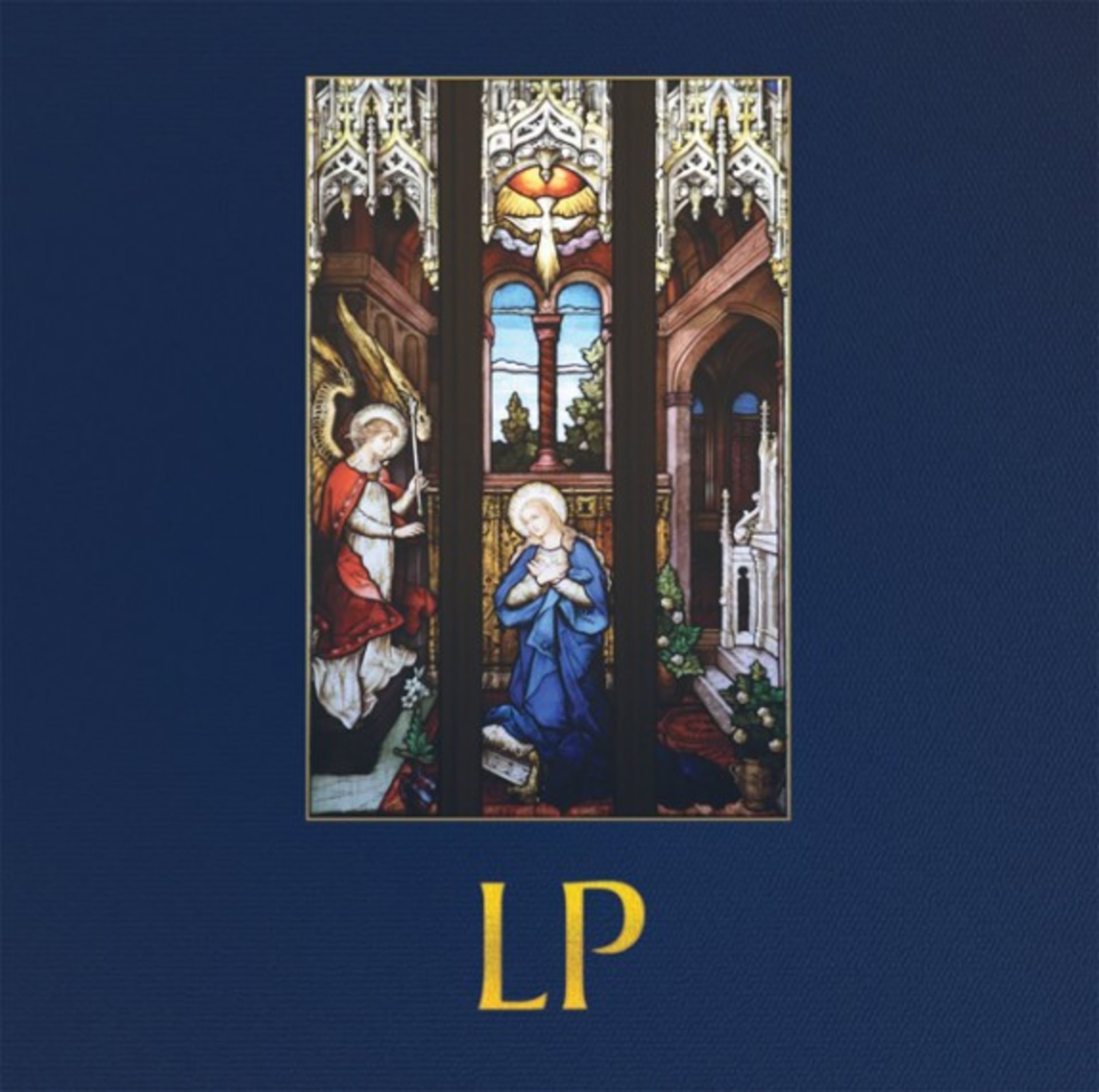
Henning Lahmann recommends d’Eon’s LP
 So, this is supposed to be d’Eon’s debut full-length? Palinopsia, the release with which the Montréal artist first surfaced roughly two years ago, featured nine tracks that had a lavish total running time of no less than 55 minutes. An EP? If so, an extended play indeed. And yet the joke’s on us. d’Eon’s new work, rather tellingly entitled LP, easily outweighs every single piece of music we’ve come across in years, spreading across 74 minutes, exhausting a classic CD’s length and nearly using the full space of two 33 rpm vinyl discs. And that is why almost no review so far has managed to spare the word “exhaustion” – an initial reaction that, admittedly, also crossed my mind more than once while listening to the record.
So, this is supposed to be d’Eon’s debut full-length? Palinopsia, the release with which the Montréal artist first surfaced roughly two years ago, featured nine tracks that had a lavish total running time of no less than 55 minutes. An EP? If so, an extended play indeed. And yet the joke’s on us. d’Eon’s new work, rather tellingly entitled LP, easily outweighs every single piece of music we’ve come across in years, spreading across 74 minutes, exhausting a classic CD’s length and nearly using the full space of two 33 rpm vinyl discs. And that is why almost no review so far has managed to spare the word “exhaustion” – an initial reaction that, admittedly, also crossed my mind more than once while listening to the record.
Most of the themes and modes the listener encounters on the album, both musically and textually, have already been thoroughly tackled on d’Eon’s previous output, namely Palinopsia and Darkbloom, last year’s split with fellow Montréal artist Grimes. The ideas are now considerably more refined and elaborate, but the chiming e-piano, the recurring allusions to oriental modes, the rhythmic patterns that range from ambient-like restraint to mesmerizing jungle breakbeats (‘Signals Intelligence’) – all this we’ve heard before in d’Eon’s music. As regards the lyrical content, LP comes across as naïve, if deliberately so, replete with references to religious motifs of the angel Gabriel upcoming apocalypse, and irony is largely absent in his message of alienation in an age of digital communication: “If I have access to everything digitized, then why am I looking for a scripture?” (‘Chastisement’).
Yet somehow, LP is anything but boring. After 74 long minutes of sonic oversaturation, when the music collapses into harsh alarm sounds and a burst of signal interference noise (a trick we already know from Darkbloom’s standout track ‘Transparency’), the album has proven to be one of this year’s most extraordinary, most challenging, and truly intriguing releases. A lot on the record may feel like musical déjà vu, but that’s quite likely the point: d’Eon is an artist who seeks variation through repetition, a method that became most obvious in his recent free digital release Music for Keyboards Vol. II, an album of 14 arrangements all interpreting ‘What’s My Age Again’ by Blink-182. And by and large it works. The changes might be subtle, but the music is rich in detail and manages to develop an irresistible, almost hypnotic density.
Lyrically and contextually, LP probably is one of the most striking examples of 21st century romanticism. In this sense, it cannot be put on one level with James Ferraro’s Far Side Virtual, as some have suggested, which showed a crucially more realistic and sarcastic approach to the topic of modern-day consumerism. Unlike Ferraro yet much like his 19th century predecessors, d’Eon expresses grave discomfort with the upheaval caused by the rule of unfiltered enlightened rationalism, in his (and all ours) case the dawn of the Digital Age and the Third Industrial Revolution. And just like his predecessors, his response and hoped-for liberation is an artistic escape into a quasi-redemptive state of autonomous spirituality, a proto-religious retreat that may refer to images and tropes of the world religions (Gabriel, the Rapture) but effectively lies beyond the scriptures of Judaism, Christianity, or Islam (“Obviously I’m not a Christian and I’m not a Muslim”, he accordingly told Dummy’s Ruth Saxelby in a recent interview).
All these themes become most evident and urging in the record’s concluding triptych, ‘Chastisement’, ‘Transparency pt. IV’, and ‘Al-Qiyamah’, a genuinely awe-inspiring finale that lasts for gruelling nineteen minutes, a manifestation of the sublime and a masterpiece in its own right. Here, d’Eon’s romanticist aesthetics both lyrically and musically convey something ineffably unsettling and uncanny, and listening to the last part feels very much like looking at a painting by Caspar David Friedrich for too long: its sheer subliminal force leaves me both awestruck and disturbed by its philosophical and political implications.
However, even if you happen to disagree with d’Eon’s assessment of modernity and the conclusions it entails, like me, it feels hard to argue about it, as all those bluntly uttered sentiments and anxieties come across as essentially disarmingly honest. After all, LP is a stupendous effort that needs to be heard by anyone interested in contemporary pop music and its social context in the 21st century. It will most likely continue to divide critics’ minds, and rightly so. But perhaps in a few years’ time, we’ll at least agree that this album was somehow necessary.
Published June 14, 2012.
